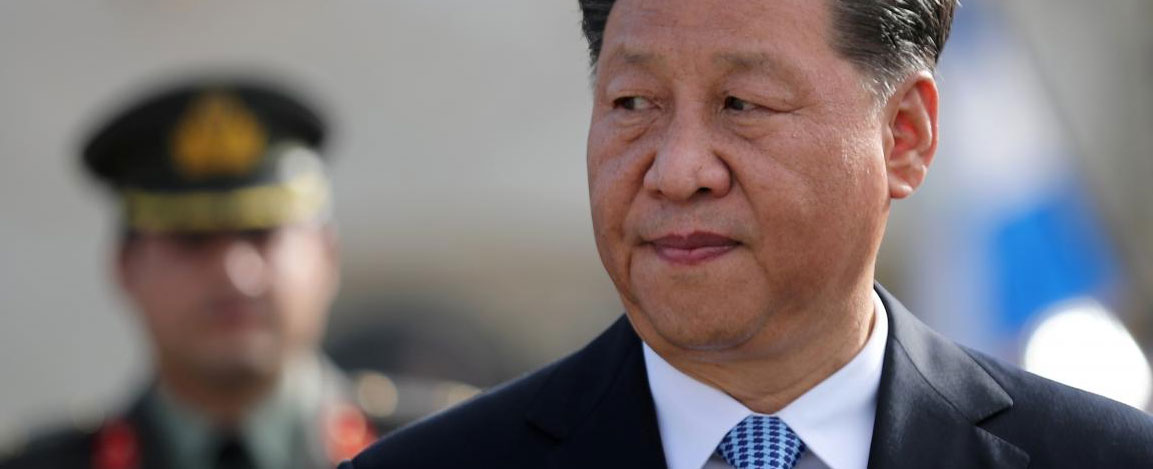Foreign Affairs asks the experts about US foreign policy toward China and whether it has become too hostile. Participants were asked to state whether they agreed or disagreed with a proposition and to rate their confidence level in their opinion. Eric Heginbotham, a principal research scientist at the MIT Center for International Studies (CIS) and Shivshankar Menon, a former CIS Robert E Wilhelm Fellow, were asked to weigh in. Read their opinions below and find the full text of the Foreign Affairs feature here.
"Although the US-Chinese relationship has inherently competitive elements, there are also areas where the two countries can and should cooperate. Yet competitive elements appear to have become the near exclusive focus of US policy. To be clear, I believe that strengthening US regional alliances and maintaining the US military capability to deter are essential to regional stability. But cooperating with China where interests overlap (such as, for example, global climate change, health, and, potentially, peacekeeping) contributes to stability in other ways. Perhaps more to the point, certain aspects of US policy, particularly toward Taiwan, may drive the United States toward conflict with China. Congress is playing a particularly unfortunate role. Measures such as the Taiwan Travel Act and the (proposed) Taiwan Reinforcement Act undermine the bases on which our diplomatic efforts with China rest and represent an unnecessary provocation to Beijing." (Eric Hegihbotham)
"Finding the 'Goldilocks zone' for US China policy will always be complicated by the fact that China, too, has a say, and China’s policymaking is far from transparent and driven largely by hidden domestic considerations." (Shivshankar Menon)




